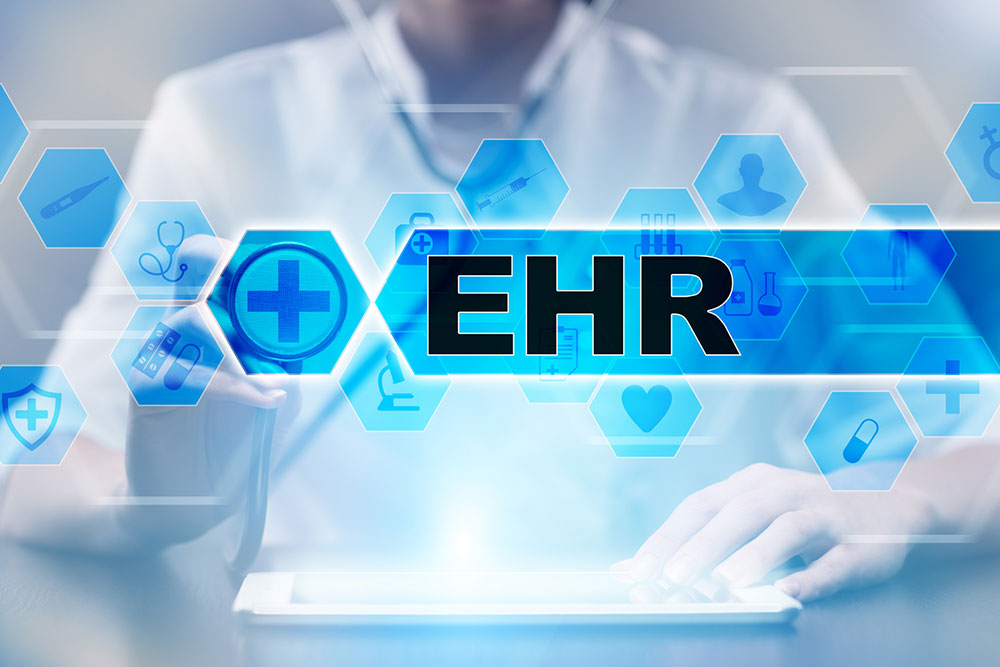Comprehensive Guide to Accessing and Viewing Your Medical Records Online
Learn comprehensive methods and benefits of accessing your medical records online. This guide covers secure portals, mobile apps, and insurance platforms, empowering you to manage your health data efficiently and securely. Understanding the procedures, costs, and security tips ensures smooth, hassle-free access to your health history, supporting better healthcare decisions and improved patient-provider communication.

How to Access and View Your Medical Files Online for Better Healthcare Management
Medical records serve as a detailed ledger of a patient's health journey, encompassing everything from lab tests and treatment records to surgical procedures and ongoing care plans. In today's digital age, patients have increasingly gained the right and ability to access their health information conveniently through secure online platforms. This access not only fosters transparency but also empowers individuals to take proactive control over their healthcare decisions. Understanding how to navigate these systems, the costs involved, and the proper procedures is essential for effective health management.
Understanding Electronic Medical Records (EMRs) and Their Role
Electronic Medical Records (EMRs), sometimes referred to as Electronic Health Records (EHRs), represent the digital evolution of traditional paper charts maintained by healthcare providers. These systems are implemented by hospitals, clinics, insurance companies, and government health agencies to streamline the storage and retrieval of patient information. EMRs enable authorized users to access comprehensive summaries of health data, including allergies, medication lists, visit histories, discharge summaries, immunizations, and more. They facilitate better communication among healthcare providers and allow patients to view and manage their health information with ease, often through user-friendly online portals or mobile apps.
Multiple Ways to Access Your Medical Records Online
Patient portals of healthcare providers
Most medical facilities now offer secure online portals where patients can log in safely via official hospital or clinic websites. These portals often provide features beyond simple record viewing, such as scheduling appointments, requesting prescription refills, and messaging healthcare providers directly, fostering seamless communication and comprehensive health management.
Mobile health applications
Numerous health management apps can sync with EMR systems, enabling users to access and manage their health data effortlessly on smartphones or tablets. These apps usually feature intuitive interfaces, push notifications for upcoming appointments, medication reminders, and easy sharing options for health summaries or medical documents.
Insurance company online platforms
Many health insurance providers have dedicated portals where members can review claims history, coverage details, and sometimes downloadable copies of medical records, simplifying the process of tracking healthcare expenses and benefits.
Step-by-Step Guide to Viewing Your Medical Records Online
Reach out to your healthcare provider
The first step involves contacting the hospital, clinic, or healthcare facility where you've received treatment. Request information about access to your medical records and inquire whether they offer online viewing options.
Verify the availability of online access
Visit the provider’s official website or contact their support team to confirm if a secure patient portal or digital platform exists for your records. Most providers now prioritize electronic access due to HIPAA compliance and patient demand.
Create an online account
If the provider offers digital access, you'll likely need to register by submitting personal identification details and completing identity verification steps, which enhance security and protect your private information.
Complete identity verification
To safeguard health data against unauthorized access, providers often require verification documents or security questions. Ensure you have valid IDs or necessary documents ready for this process.
Log in or request a medical records release form
Using your credentials, log into the portal. If online access isn't available immediately, request a medical records release form or submit a formal request as instructed.
Download, view, or print your health information
Most portals allow you to download copies of your health summaries, view detailed reports, or print documents for personal use or sharing with other healthcare providers.
Request specific records via email or fax
If you need particular documents, such as surgical notes or lab results, you can often request these via secure email or fax, expediently obtaining accurate copies.
Seek support if needed
Customer service teams or technical support are available to assist with login issues, account setup, or navigating the portal interfaces effectively.
Maintain security and privacy
Always adhere to privacy policies and recommended security practices to protect your health data. For military service members, access military records through the VA by completing VA Form 180 and mailing it as instructed.
The Importance of Accessing Medical Records Online
Having online access to your medical records enhances your ability to make informed healthcare decisions, facilitates better communication with healthcare providers, and ensures timely responses during emergencies. It also streamlines insurance claims, reduces paperwork, and promotes transparency and trust between patients and medical institutions. Furthermore, easy access to your health history is crucial for continuity of care, especially when seeking care from new providers or during emergencies where immediate information is vital.
Potential Reasons for Record Denial and How to Address Them
While most requests for medical records are granted, certain sensitive information—such as some mental health notes or legal documents—may be withheld under specific circumstances. If you believe your request has been unfairly denied, you can submit a formal complaint with the Office for Civil Rights (OCR). It’s advisable to understand the privacy policies of your provider and communicate clearly to resolve any disputes effectively.
Cost of Accessing Medical Records Online
Most digital records accessed through patient portals are available free of charge, promoting ease of use and transparency. However, there may be fees for obtaining paper copies, physical media versions (like CDs or USB drives), or for extensive search and retrieval efforts. These charges historically range up to $2 per page, although most providers now aim to keep access affordable to foster patient engagement and empowerment.
Empowered with online access, patients can actively oversee their health status, ensure accuracy of their medical information, and foster a proactive approach towards wellness and healthcare management. The digital era has undeniably transformed how health data is accessed, used, and shared, making healthcare more patient-centered than ever before.





